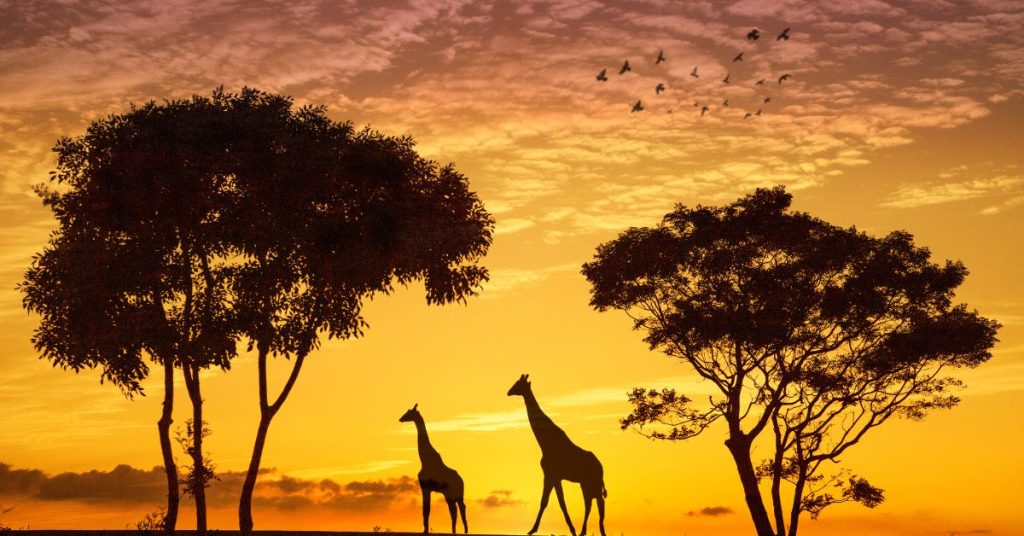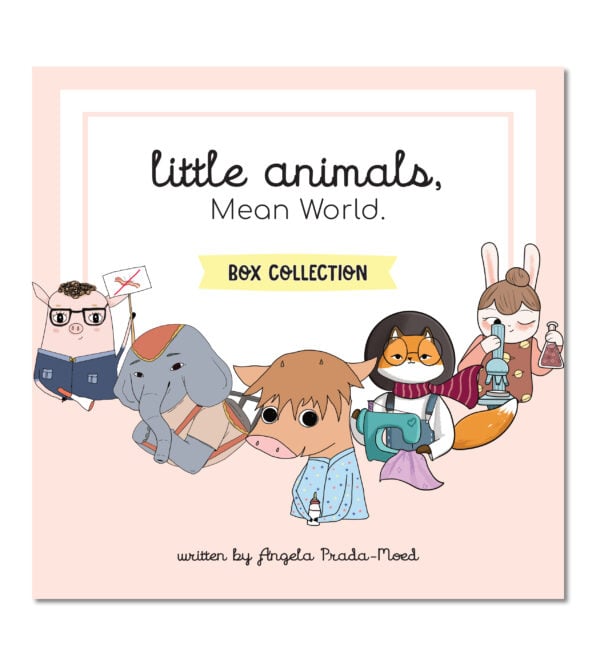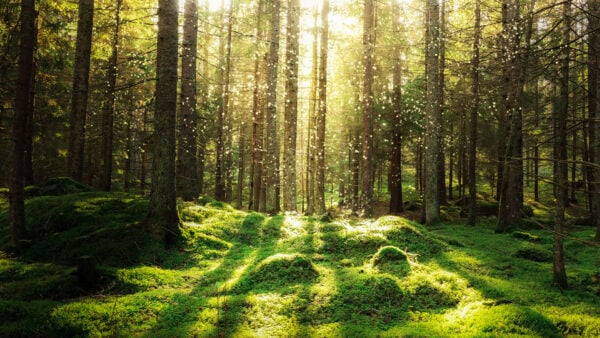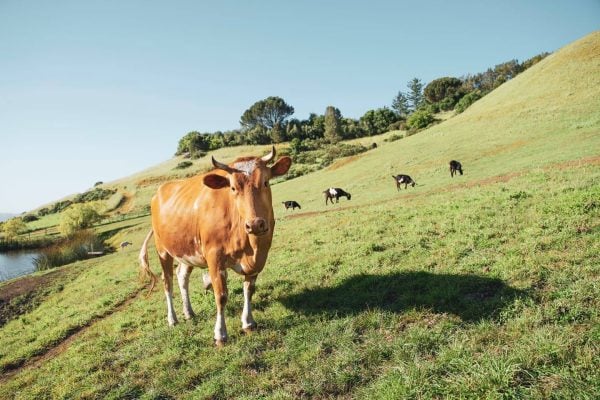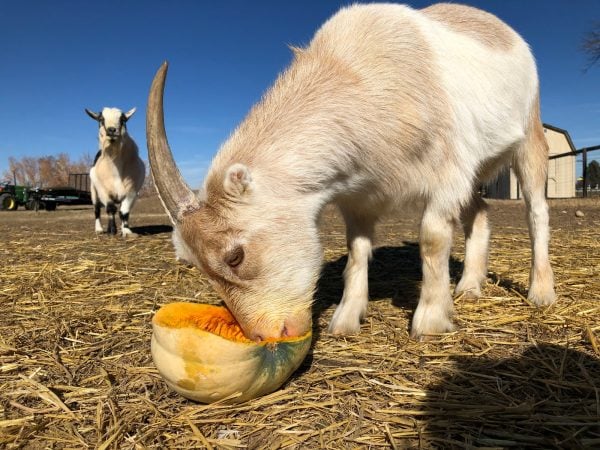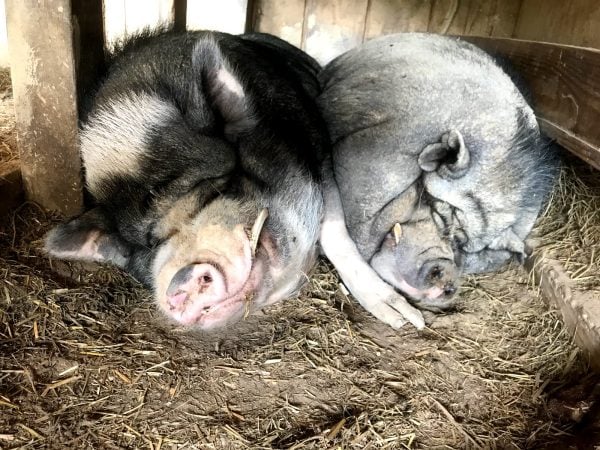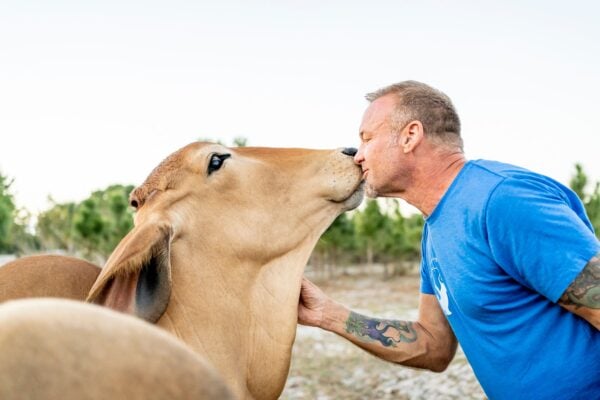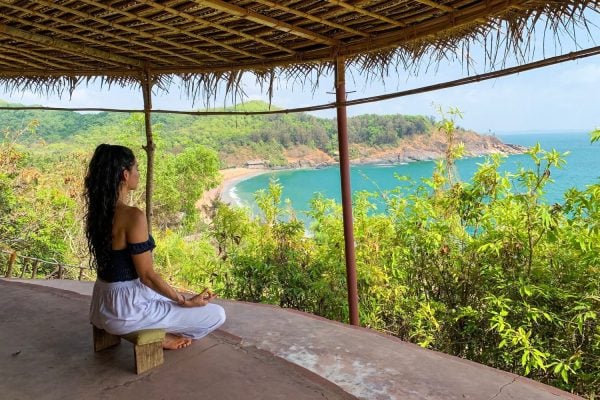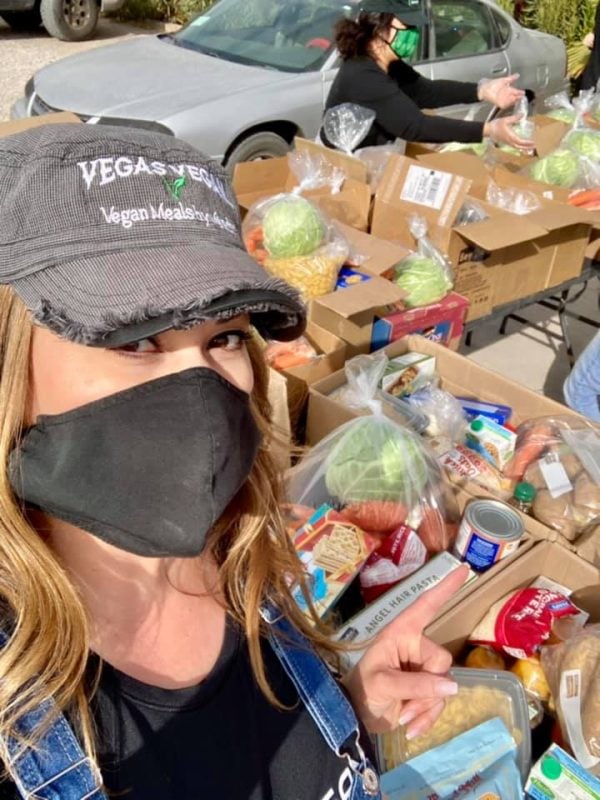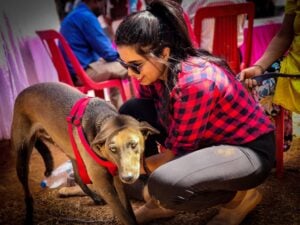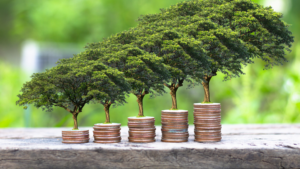World Wildlife Day celebrates the world’s animals and plants and the contribution they make to our lives and the health of the planet. The United Nations event focuses on two subtopics: marine life and oceans and business and finance.
Author: Shari Dalal
Wildlife Conservation
The theme for this year is wildlife conservation through partnerships. The collective and collaborative actions of different organizations, including corporations, can have profound results compared to individual actions. This has shown to be fruitful between companies partnering with Wildlife Conservation Network, such as Tiffany & Co. and Disney Conservation Fund. The partnerships have helped protect lions, elephants, rhinos, and many others, as well as have helped to garner funds from eco-tours that directly benefit wildlife.
Each year has a focus on the conservation of a group of wildlife. With this focus, the message is clearly conveyed what issues are contributing to wildlife decline and the steps required to achieve conservation.
What Causes Wildlife Decline?
Often the culprits contributing to wildlife decline are hunting, habitat loss, chemical pollution, factory farming, increasing human population, and climate change. Wildlife sadly is being punished more as the years pass, with a 69% decline in wildlife populations since 1970, according to the World Wildlife Fund. Climate change is directly linked to decreased ocean oxygen levels with devastating impacts on ecosystems. These low oxygen levels are killing coral reefs which are critical to the livelihood of many species and zooplankton, which are at the base of the food chain.
Measures must be taken now so this trend does not continue, and increasing evidence shows that humans must learn to co-exist with animals so wildlife can survive. Conservation of wetlands and placement of Wildlife corridors (passageways that allow wildlife to travel through or over roadways) are examples of co-existence measures.
With the human demand for meat, deforestation follows as land is cleared for animal production. Animal production, in turn, has devastating impacts on the environment, such as the increased need for water, decreased oxygen levels in the ocean, biodiversity loss, and increased greenhouse gas emission, among other impacts. Globally, livestock operations are responsible for approximately 18% of greenhouse gas production. Not only does increased emission of carbon dioxide negatively affect climate, but so does manure which emits methane and nitrous oxide, which are 23 and 300 times more potent as greenhouse gases than carbon dioxide, respectively, according to the CDC.
These repercussions are not the only side effects of factory farming. Factory farming is immensely cruel in the treatment of animals, hormone injections to increase animal size, and biodiversity loss from deforestation.
CITES (convention on international trade in endangered species of wildlife fauna and flora) has called on the public to showcase the ways they are speaking up for animals and will present the world’s actions benefiting wildlife at the convention.
Humans have a great opportunity to help wildlife as well as bring awareness to conservation efforts.
Some Of The Things We Can Do To Help Wildlife Now:
Discard Trash In Proper Bins
Trash can easily go down drains, polluting the ocean. Trash, such as fish nets, can become stuck on animals suffocating them as well as being ingested, causing harm.
Minimize/Prevent Using Plastic
Microplastics can harm as they can be ingested, and plastic can become stuck on animals, such as from straws.
Stop Using Rodenticide And Harmful Chemicals
Rodents ingesting rodenticides can kill animals that eat rodents, like raptors.
Don’t Buy Products That Have Animal Parts
In doing so, consumers are encouraging the poaching industry leading to dwindling wildlife populations and extinction.
Recycle, Re-Use
This minimizes trash accumulation in landfills and prevents material wastage.
Consume A Vegan Diet
Fewer resources are being used, such as water and land, in a vegan diet. Deforestation is increasing due to the large plot of land required for meat production and is a large contributing factor to species decline due to habitat loss.
From my passion as a wildlife photographer, I became exposed firsthand to the issues facing wildlife which has inspired me to take action. For example, in photographing owls, I became aware of the bird deaths at the library nearby. The hummingbirds perished as a result of window strikes. I learned that birds fly into windows as a result of seeing the sky’s reflection, and they think they are flying in the sky. Placing stickers with UV reflection can help mitigate bird deaths, and I am in the process of having film placed on windows. Recently, on a larger scale, around 300 birds died from striking the windows at the World Trade Center in New York City. All that was needed was window film, and bird deaths from this cause could have been minimized or even prevented.
We all have it within ourselves to make the planet a better place. The planet is everyone’s home. So let’s take action now to enable future generations of fauna and flora to thrive.
What are some of the things you will do to benefit wildlife?
Use #wwd and #wwd2023 to show how you are helping wildlife. With small changes, we can make great changes for the health of our planet and all of its inhabitants.
References
https://www.cdc.gov/nceh/ehs/docs/understanding_cafos_nalboh.pdf
https://www.scientificamerican.com/article/the-ocean-is-running-out-of-breath-scientists-warn/
https://wildnet.org/corporate-partners/
Vkind is the U.S.’s largest fully-vegan search platform and listing app. Give our search tool a whirl and find any vegan product, service, or experience you desire.
SUBSCRIBE TO OUR NEWSLETTER
Vkind Vibes is our popular weekly newsletter where we share the latest news, tastiest recipes, and hottest trends impacting the VegEconomy. SUBSCRIBE NOW!
WANT MORE?
JOIN US AT VKX 2023! The Vkind Experience (VKX) is an immersive plant-based event celebrating travel, culture, and cuisine around the world as guests explore 11 experiential rooms while sampling an elevated fusion of world flavors.JOIN THE VKIND COMMUNITY Download the Vkind app on the App Store or Google Play to create your social profile and start sharing reviews of vegan businesses, watch original content, and explore the plant-based world with your friends!
JOIN THE VEGECONOMY Are you a vegan brand owner or professional? Add your listing to our business search platform to get more eyes on your vegan enterprise.
TAKE THE VEGECONOMY PLEDGE Take the VegEconomy Pledge to show support for sustainable business practices and make a commitment to Spend Like You Give A Damn.
WATCH & LEARN Subscribe to our YouTube channel for our latest shows, live events, interviews, videos, news, secret giveaways & more!
STREAM “PEELED”, THE ALL-VEGAN COOKING COMPETITION SHOW Produced by Vkind Studios in a limited 3-part web series, Peeled is the award-winning all-vegan cooking competition show that’s on a search to find “America’s Hottest Vegan Chef”.
FOLLOW & SHARE Our content is always entertaining, educational, and inclusive. Follow us everywhere on social media!
SHARE VEGAN RECIPES Share your delicious vegan recipes with the Vkind Community on our app and website.

